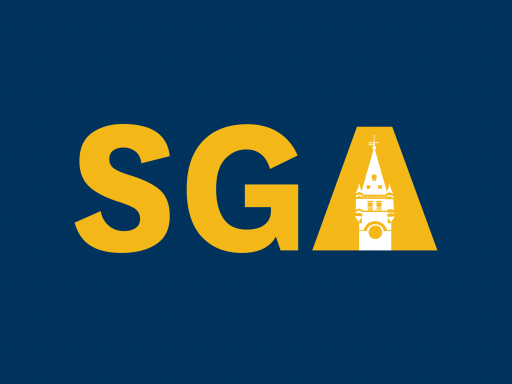When students united to form the Bryn Mawr College Self-Government Association in 1892, the College became the first institution of higher education in the United States to give students responsibility not only for enforcing rules of behavior upon themselves, but also for deciding what those rules should be. It was considered a radical experiment at the time, and is still unusual. But most Bryn Mawr students and alumnae cite self-government as one of the most valuable parts of a Bryn Mawr education.
The College’s tradition of respect for students’ autonomy and responsibility has created a unique campus environment where students participate in discussion and resolution of the most important issues facing the College — from the alcohol policy to faculty appointments to the College’s curriculum.
The two primary institutions of student self-government at Bryn Mawr are the Self-Government Association (SGA), to which every student belongs, and the Honor Code, a set of principles stressing personal integrity and mutual respect to which all students agree to adhere. The Honor Code has both social and academic components. Socially, Bryn Mawr students are asked to respect the rights of those around them and to work together to find solutions to problems. Academically, students are given full responsibility for the integrity of their academic work, including original research and self-scheduled exams. The SGA and the Honor Code give students a valuable opportunity at Bryn Mawr.
